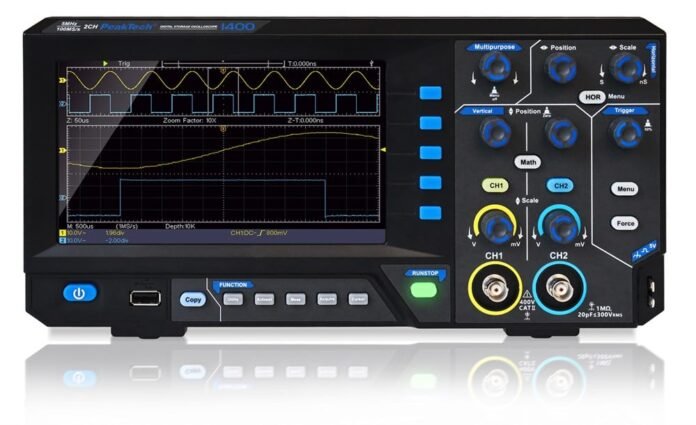Becoming a better developer, especially in a field like OSDRPG-188 (potentially a specific software or a technical platform), requires a combination of technical skills, continuous learning, and best practices. Below are tips that can help you improve as a developer in this context:
1. Understand the OSDRPG-188 Platform Thoroughly
- Research and Documentation: Start by diving deep into the documentation of OSDRPG-188, understanding its core architecture, capabilities, and limitations. Knowing how it operates under the hood will allow you to optimize your development process.
- Experimentation: Don’t just rely on theory. Experiment with different features of OSDRPG-188, whether it’s through sandbox projects or small applications, to fully grasp its potential.
2. Master the Required Programming Languages
- Core Languages: OSDRPG-188 may require proficiency in specific programming languages (e.g., Python, Java, or a proprietary language). Make sure to master the primary languages needed for development.
- Best Practices: Learn the best practices for coding in these languages, focusing on clean code, efficient algorithms, and modular programming.
3. Enhance Problem-Solving Skills
- Practice Logical Thinking: Developers constantly face complex problems, and problem-solving is key. Engage in exercises like coding challenges, logic puzzles, and debugging exercises to hone this skill.
- Optimize Solutions: Focus not just on solving problems but on finding the most efficient solutions. Whether it’s reducing computation time or minimizing memory usage, optimized solutions are essential.
4. Stay Updated on Industry Trends
- Latest Updates and Versions: OSDRPG-188, like most platforms, may receive updates or new versions. Stay informed about these changes and adapt your development strategies accordingly.
- Attend Conferences and Webinars: Participate in OSDRPG-188-related conferences, webinars, and forums to stay updated on the latest advancements and community practices.
5. Practice Continuous Learning
- Read Books and Tutorials: Invest time in reading programming books, watching tutorials, and following development blogs that focus on your target technologies and the OSDRPG-188 environment.
- Online Courses: Take advantage of online platforms like Udemy, Coursera, or Pluralsight that offer specific courses to enhance your skillset in technologies related to OSDRPG-188.
6. Focus on Testing and Debugging
- Write Unit Tests: Make sure your code is tested thoroughly using unit tests. This will help you catch bugs early and ensure that your code performs as expected.
- Learn Debugging Tools: Master the debugging tools available in the OSDRPG-188 environment or those related to the languages you’re working with. Efficient debugging will save you time and frustration.
7. Work on Collaboration and Communication
- Collaborate with Peers: Software development is often a team effort. Collaborate with fellow developers, either within your team or through open-source contributions, to improve your teamwork skills.
- Communicate Clearly: Whether it’s code comments, documentation, or interacting with colleagues, clear communication is crucial in software development. Ensure you can express your ideas and solutions effectively.
8. Embrace Version Control
- Use Git Efficiently: Git and other version control systems are essential for modern development. Learn how to use Git commands efficiently, work with branches, manage pull requests, and resolve conflicts quickly.
9. Optimize Your Workflow
- Automation Tools: Use automation tools and scripts to handle repetitive tasks. Whether it’s automating testing, builds, or deployment, this will free up time for more creative development.
- Use IDEs Effectively: Make the most of Integrated Development Environments (IDEs) or text editors by mastering their shortcuts, plugins, and debugging features.
10. Review and Refactor Code
- Regular Code Reviews: Participate in or conduct code reviews regularly. Reviewing code can help you spot areas for improvement and learn different techniques from others.
- Refactor for Clean Code: Refactor your code frequently to make it cleaner, more efficient, and easier to maintain. Well-organized code is easier to debug and less prone to errors.
11. Contribute to Open Source Projects
- Real-World Practice: Contributing to open-source projects related to OSDRPG-188 will not only give you real-world experience but also provide insights into how others approach similar challenges.
- Build a Portfolio: Your contributions to open-source projects can serve as a portfolio of your work, showcasing your skills to potential employers or collaborators.
12. Learn to Handle Feedback Constructively
- Embrace Feedback: As a developer, you’ll receive feedback on your work. Learn to handle it constructively and use it as a way to improve your skills.
- Mentorship: Seek out mentors who can provide you with feedback and guidance. This could be through formal mentorship programs or through informal relationships with more experienced developers.
Conclusion
Becoming a better developer in OSDRPG-188 requires dedication to continuous learning, problem-solving, and adapting to new technologies. By focusing on the platform’s core features, enhancing your programming skills, collaborating with others, and staying current with industry trends, you can refine your development skills and deliver high-quality solutions.
